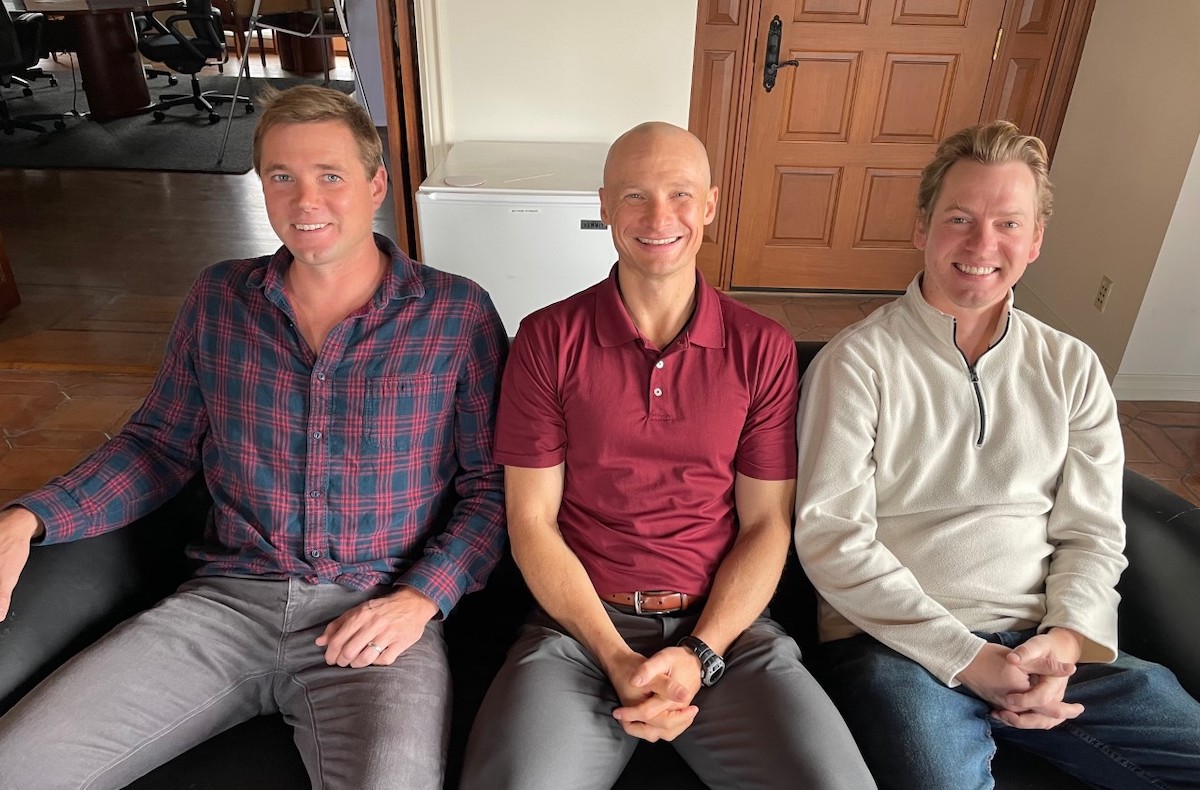Active Life Scientific Leads Way in Proactive Bone Health
Santa Barbara Medical Company Develops the OsteoProbe

“Not all dense bones are strong bones,” explained Dr. Peter Burks, CEO of Santa Barbara medical technology company Active Life Scientific. Stationed on Garden Street, the small group is doing huge things in the medical world and shifting the way people think about bone health.
“Upward of 60 million people are at risk of osteoporosis in the U.S.,” said Burks. “When your bones become weak, they can fracture during a routine activity, like picking up a grocery bag. This is called a fragility fracture.” In fact, he continued, over the age of 50, one in three women and one in five men will suffer such an injury.
A device developed by Active Life Scientific — called the OsteoProbe — aims to prevent breaks by offering a more comprehensive understanding of an individual’s bone health. The OsteoProbe microscopically measures bone tissue and quantifies its resistance to a challenge, called a Bone Score. Physicians can use the Bone Score in their assessments to prevent injuries, improve treatment for osteoporosis, and empower patients to make lifestyle decisions that will ensure greater mobility for the future.
Bone density scans are typically conducted on a patient every two to five years. “Now,” Burks said, “you have a data point that you can look at more frequently. We want to give rapid feedback and annual feedback so we can catch things before they become a problem.”
Said Alex Proctor, the company’s cofounder and chief technology officer, “We’re all getting older, we’re living longer, and we want to stay active without potentially suffering a life-altering fracture.”
Sign up for Indy Today to receive fresh news from Independent.com, in your inbox, every morning.
Proctor founded the company in 2007 with his professor, Dr. Paul Hansma, while studying physics at UCSB. Like many Santa Barbarans, they found inspiration in the sea. During a collaboration between the physics and marine biology departments, they discovered that even though abalone shells are composed of 98 percent calcium, they are thousands of times stronger than pure calcium due to the proteins they also contain.
“We thought about what other calcified materials might exhibit this. It turns out that bone is one of them,” Proctor said. Over seven years, they developed the OsteoProbe, which can be used during a routine exam. A local anesthetic is applied to numb the measurement location, and a small sterile tip, similar to an acupuncture needle, touches the bone’s surface and immediately provides a reading to the doctor.
“OsteoProbe has been used in over 35 published independent clinical studies by top medical institutions in the U.S., Europe, and Australia, including Mayo Clinic, Columbia, Tufts, Yale, Harvard, and Johns Hopkins, among others,” Burks said. It was approved as a medical device in Europe in 2017 and by the FDA in August 2021.
The company has since grown to six full-time employees, their technology is in use in three local physician’s offices, and they plan to expand throughout Southern California and beyond.
“Preventative personalized medicine is a very exciting prospect in a lot of ways,” Proctor said. Most people are diagnosed with osteoporosis because they’ve just experienced a fracture. The company’s goal is to prevent those injuries from happening in the first place.
“Our mission is to make monitoring bone health easier and routine so we can quickly see if our diets, exercises, and treatments are improving our bones.” Burks said.
Those interested in learning more can attend a symposium hosted by Active Life Scientific at the Hilton Santa Barbara Beachfront Resort on March 3. For more information, visit bonescore.com.
Support the Santa Barbara Independent through a long-term or a single contribution.



